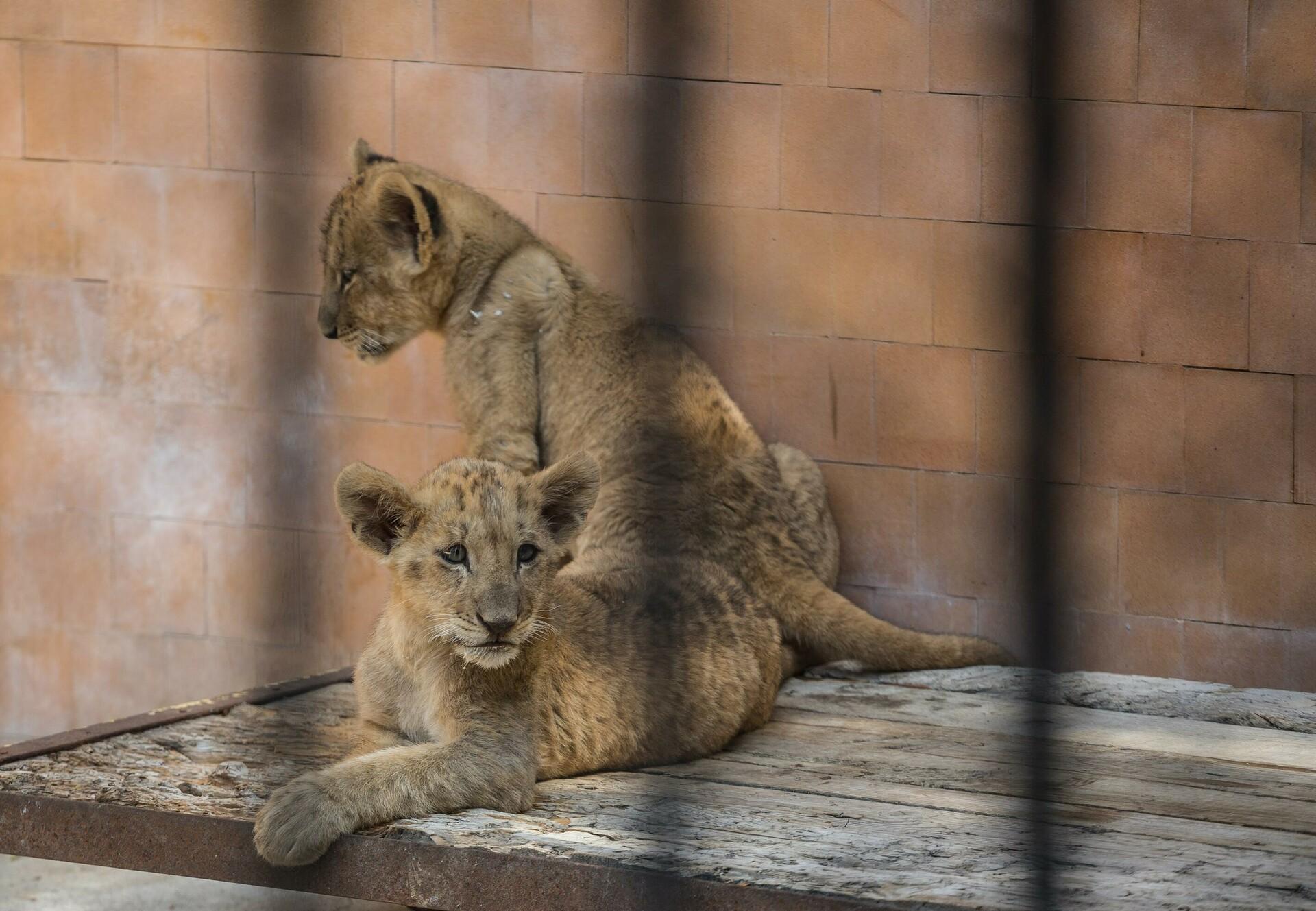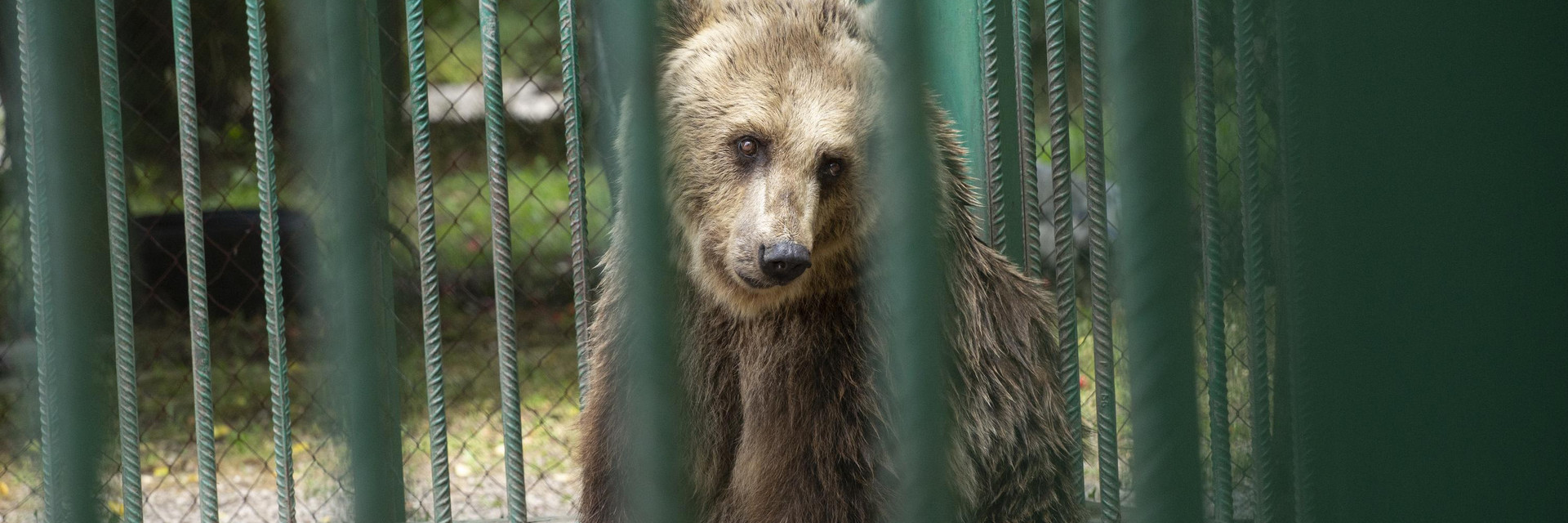
Wild animals in zoos
Accommodating animals according to their needs
Wild animals have complex ecological, social, and behavioural needs, which must be considered when keeping them under human care – but not all zoos are able or willing to meet them. Many substandard zoos worldwide are at fault for major welfare shortcomings. These include deficits like insufficient space, lack of species-specific enclosures, and incorrect social management.
The limitations combined may trigger the development of health conditions and behavioural problems, like stereotypies and aberrant social behaviour. For example, if animals perform the same movements over a longer period, this indicates stereotypic behaviour. The absence of such disorders unfortunately does not necessarily mean that animals are in good mental and/or physical condition, as wild animals are generally good at hiding their suffering.
Species-appropriate accommodation
From an animal welfare point of view, species-appropriate keeping of wild animals in zoos is fundamentally difficult to ensure. They should be kept in such ways that pain, suffering and behavioural problems are avoided at any time to the maximum possible extent. At the same time, the occurrence and promotion of positive experiences, which can be expressed through playing, comfort and exploring behaviours, are essential to guarantee that the welfare of the animals is a priority.
FOUR PAWS strongly opposes encounters and interactions with wild animals, dolphinariums or the use of wild animals as any form of entertainment. Zoos should overcome the outdated approach of collections of species and end the keeping of those animals whose requirements cannot be met. This includes territory size, feeding behaviour, social structure and climatic needs. In addition, zoos must renounce the acquisition of animals from the wild or any commercial trader or breeding facility. Surplus animals, regardless of age, should not be killed nor sold for commercial purposes or to wildlife traders. By providing shelter for injured, neglected and/or orphaned wildlife, and rescuing animals from illegal trade and/or inappropriate keeping, zoos can actively contribute towards more animal welfare worldwide.
An example of how a zoo should not look like
Note: Any advertisements that may appear during the viewing of this video are unrelated to FOUR PAWS. We assume no liability for this content.
what you can do
- Do your research before you visit a zoo: Avoid zoos with poor keeping conditions, wild animal interactions or uncontrolled breeding. Do not visit badly run zoos and animal parks.
- Consider how animals experience the zoo: For you it is a day visit, for them it is a lifetime.
- Inform yourself: Check the education and conservation value that the zoo provides
- Do not support animal abuse: Never take part in wild animal photo or petting opportunities. Choose to #TravelKind instead. Find out more in our Do's and Don'ts guide here.
- Report: Complain about inadequate keeping conditions directly to the zoo management and the responsible (local) authorities
- Choose responsible animal-friendly alternatives to wildlife tourism, such as admiring animals in the wild, visiting ethical wildlife sanctuaries that do not exploit animals, or watch them on television.

